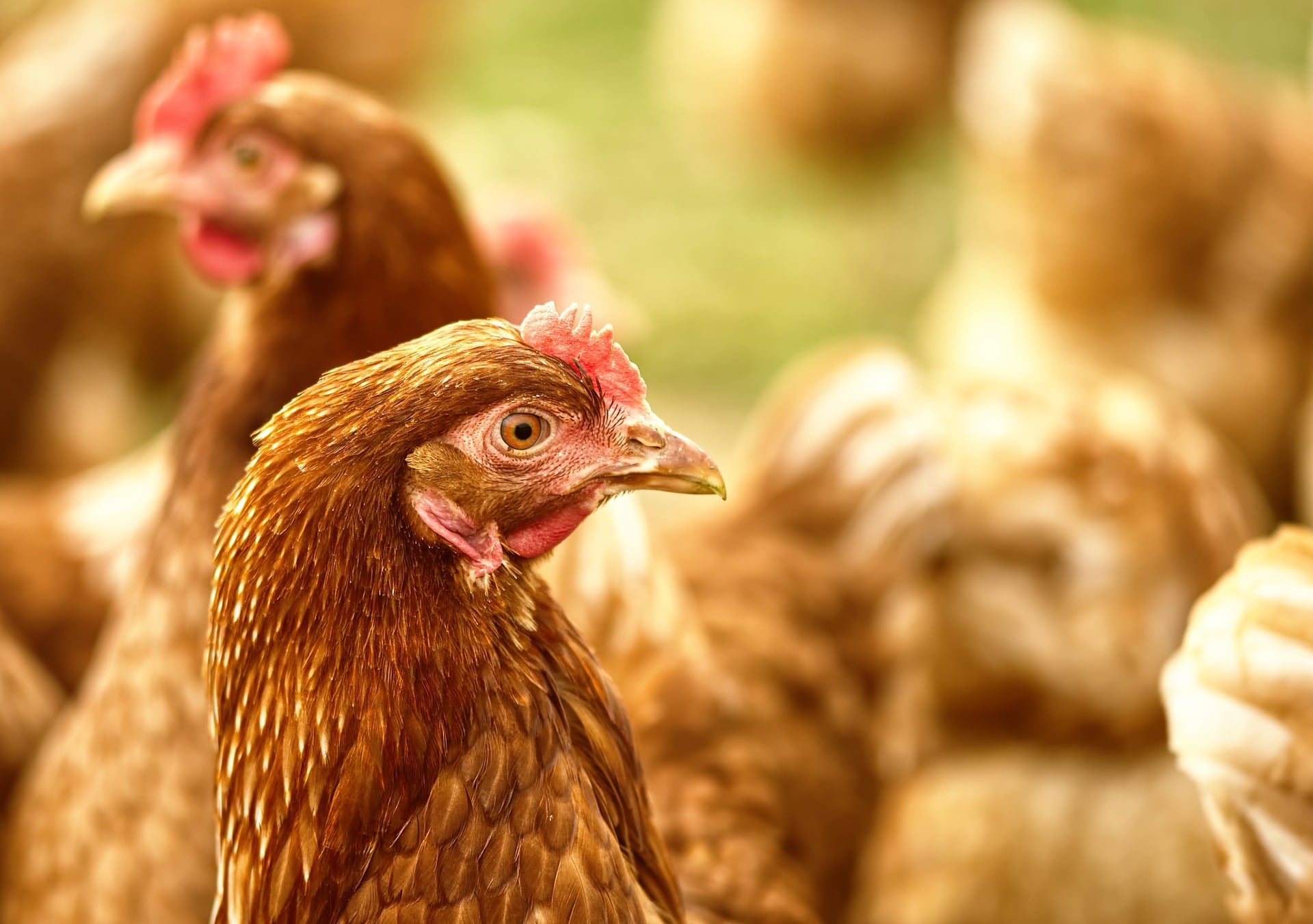
Green New Deal for farming: Address climate crisis and revitalize food system
Originally posted in The Hill
Recent catastrophic flooding across Nebraska and Iowa is just the latest reminder that farmers, farmworkers and rural communities are on the frontlines of the deepening climate crisis. Worsening storms, floods and droughts threaten farmer livelihoods and our nation’s food security — and compound the existing economic crisis faced by our family farmers and rural communities.
The New Deal helped farmers survive the Great Depression and feed our nation while restoring farmlands and soil. The Green New Deal can do even better: restoring our climate and food system resiliency by regenerating soil and biodiversity while ensuring fair prices, economic viability and family-sustaining livable wages for the people who bring food to our tables.
Our agricultural system is so intertwined with the economic system that is causing the climate crisis that any Green New Deal will need to address how we produce and consume what we eat. That will require actions from combatting corporate consolidation to ensuring fair prices for farmers to supporting growers to transition to sustainable farming practices.
For the Green New Deal to be effective, the people who make our meals possible — our nation’s farmers, ranchers, fishers, farmworkers, and food industry workers — must be at the negotiating table. Solutions must promote the leadership of frontline communities disproportionately burdened by our climate crisis and by the unsustainable industrial food system.
Given that the food sector currently generates nearly one-third of all climate-change emissions, we must enact policies that ensure carbon reduction, sequestration and climate resilience. To accomplish this, we need a rapid transition from chemical- and energy-intensive industrial monoculture production to organic, diversified and regenerative practices that build healthy soils, which in turn sequester more carbon.
The Green New Deal must also reduce agriculture’s greenhouse gas emissions. A key way to accomplish this is by restricting methane emissions from concentrated animal feeding operations (CAFOs). Another would be reducing federal supports for highly polluting industrial animal and monocrop agriculture.
The Green New Deal must enable America’s family farmers to thrive while practicing or transitioning to sustainable agriculture through policies ensuring parity pricing (fair minimum prices), supply management and equitable access to land, credit and markets. These policies must also address economic and racial inequities endured by African American, Native American, Asian American, Pacific-Islander, Latinx and other historically disadvantaged farmers.
It must also ensure fair, family-sustaining living wages and safe, humane working conditions for workers. Key priorities to this end are equalizing labor laws to provide farmworkers with full legal rights and ensuring that all food system workers have the freedom to organize and unionize without retaliation.
New Green Deal policies must also build and support resilient local and regional food economies anchored by family farmers, ranchers and fishers that ensure healthy food for all. They must combat consolidation in the food and farming sector and reverse the rapid loss of farms and deterioration of farmland by shifting public investments away from subsidizing wealthy agribusiness to supporting small and medium-sized farmers.
This will require investing in urban and rural food and agriculture programs and expanding local and regional food infrastructure. By reversing consolidation, we can bolster rural economies’ diversity and resilience to climate change. Congress must also avoid false solutions and agribusiness-sponsored proposals that do not address the systemic causes of the climate crisis that cause great harm by delaying progress.
The current highly consolidated industrial food system is rapidly depleting vital soil and water resources and the biodiversity upon which our food future depends. It is producing widespread poverty, inequality, hunger and public health crises, as well as an economic crisis in which rural farming communities are losing thousands of family farms each year. In addition, our chemical-intensive food production system puts farmers, farmworkers and rural communities at increased risk of exposure to pesticides linked to a range of serious health problems.
Fortunately, there are solutions — well-demonstrated, effective and profitable agricultural practices at all scales in all regions — that can help repair our environment and climate while revitalizing communities across the country. By embracing the priorities outlined above within the Green New Deal, Congress can enable food producers to help restore the climate and ensure a healthy, sustainable and just food future for all.
Friends of the Earth, National Latino Farmers and Ranchers Association and a coalition of more than 300 organizations sent a letter to Congress in April advocating for a Green New Deal that reflects the central role of food and agriculture in our climate crisis.
Related Posts
Ways to Support Our Work

Read Latest News
Stay informed and inspired. Read our latest press releases to see how we’re making a difference for the planet.

See Our Impact
See the real wins your support made possible. Read about the campaign wins we’ve fought for and won together.

Donate Today
Help power change. It takes support from environmental champions like you to build a more healthy and just world.